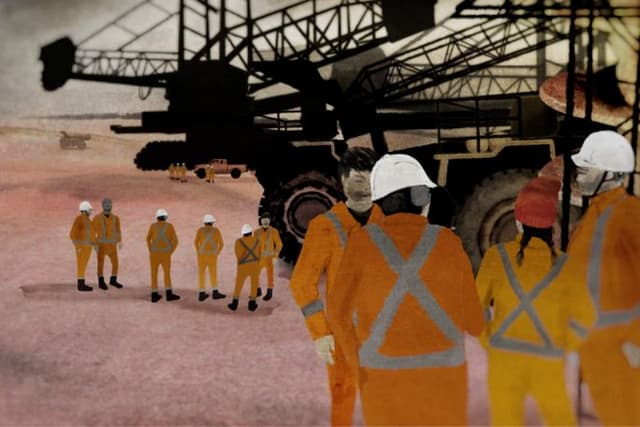
The Leadership - Sexism And Harassment At Work
Lesson1 of 2 in this unit
SecondaryYear 9 - 10Humanities and Social SciencesBusiness and EconomicsCivics and CitizenshipHealth and Physical EducationHealthWork StudiesSocialEqualityLeadershipSocial Action
Summary
Lesson Guides and Printables
Lesson Plan

Student Worksheet

Teacher Content Info
